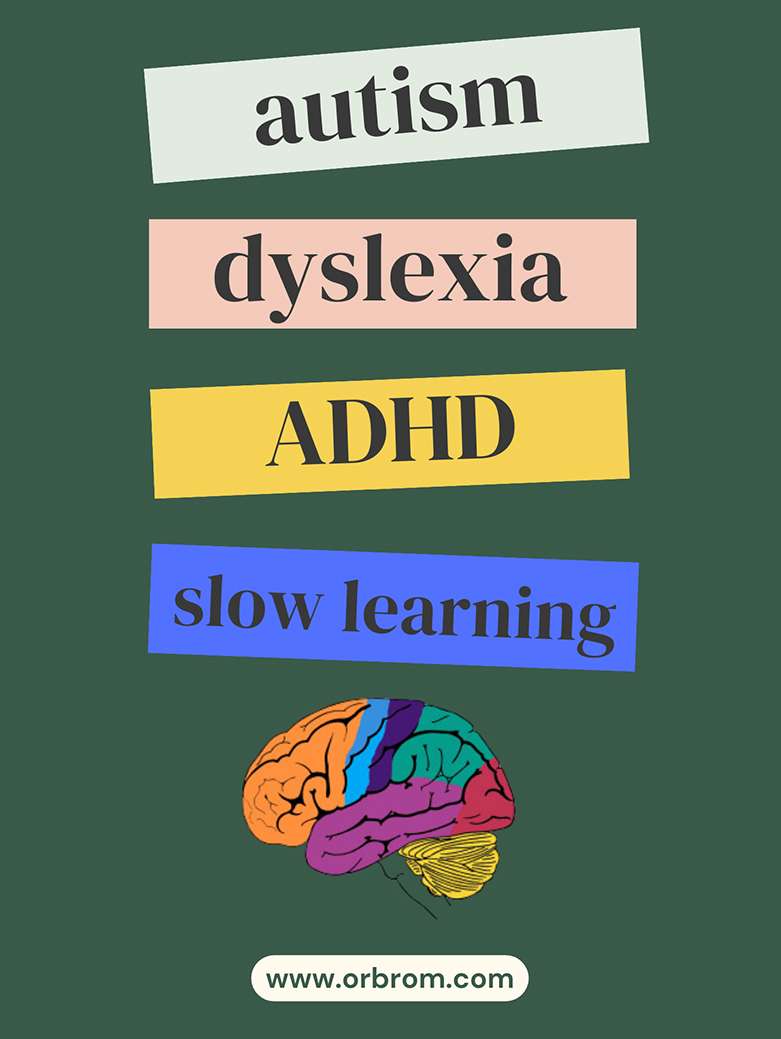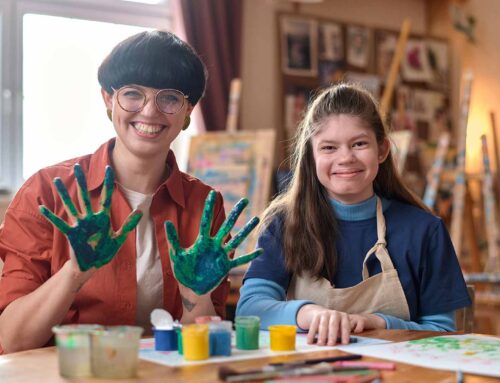Autism, or autism spectrum disorder (ASD), is a developmental disorder that affects communication and behavior. Although autism can manifest in many different ways, all autistic people share certain difficulties in social communication and interaction, restricted interests and repetitive behaviors.
Autism is a spectrum condition, which means that people with autism can experience a wide range of symptoms and severity. Some autistic people may require significant support in their daily lives, while others may be able to live independently and work successfully.
There is no one-size-fits-all treatment for autism, but there are a number of evidence-based interventions that can help improve autistic people’s quality of life. Early intervention is especially important for young children with autism, as it can help them develop important skills and behaviors.
Types of autism:
There are three main types of autism:
- Autistic disorder: This is the most severe type of autism and is characterized by significant difficulties in social communication and interaction, restricted interests and repetitive behaviors.
- Asperger’s syndrome: This type of autism is characterized by mild to moderate difficulties in social communication and interaction, restricted interests and repetitive behaviors. People with Asperger’s syndrome often have normal intelligence and language skills.
- Pervasive developmental disorder-not otherwise specified (PDD-NOS): This type of autism is characterized by some symptoms of autism, but they do not meet the full criteria for autistic disorder or Asperger’s syndrome.
Symptoms of autism:
The symptoms of autism can vary widely from person to person. However, some common symptoms include:
- Difficulty with social communication and interaction: This can include difficulty making eye contact, understanding and responding to facial expressions and body language, and maintaining conversations.
- Restricted interests and repetitive behaviors: People with autism may have a strong interest in a specific topic or activity, and they may engage in repetitive behaviors such as rocking, flapping their hands, or lining up objects.
- Sensory sensitivities: Some people with autism are hypersensitive to certain sensory stimuli, such as noise, light, or touch. Others may be hyposensitive to sensory stimuli and may not seem to notice pain or other sensations.
Causes of autism:
The exact cause of autism is unknown, but it is believed to be caused by a combination of genetic and environmental factors.
Treatment for autism:
There is no one-size-fits-all treatment for autism, but there are a number of evidence-based interventions that can help improve autistic people’s quality of life. Early intervention is especially important for young children with autism, as it can help them develop important skills and behaviors.
Some common interventions for autism include:
- Applied behavior analysis (ABA): ABA is a type of therapy that uses positive reinforcement to teach autistic people new skills and behaviors.
- Speech therapy: Speech therapy can help autistic people improve their communication skills, including their ability to speak, understand language, and use social communication skills.
- Occupational therapy: Occupational therapy can help autistic people develop the skills they need to perform everyday activities, such as dressing, feeding themselves, and using the bathroom.
- Social skills training: Social skills training can help autistic people learn how to interact with others in a socially appropriate way.
OrbRom Center is a leading provider of autism services for children and adults in Phnom Penh. We offer a wide range of services, including:
- Early intervention: Our early intervention program provides comprehensive services for young children with autism and their families.
- ABA therapy: We offer individualized ABA therapy to help autistic people of all ages develop new skills and behaviors.
- Speech therapy: Our speech therapists can help autistic people improve their communication skills.
- Occupational therapy: Our occupational therapists can help autistic people develop the skills they need to perform everyday activities.
- Social skills training: We offer social skills training groups to help autistic people learn how to interact with others in a socially appropriate way.
Services for Autism, ADHD, Dyslexia, Spelling Difficulty, social and slow learning, Down Syndrome, and Selective Mutism. OrbRom is the best option in Phnom Penh.
If you are concerned about your child’s development, Contact OrbRom Center for Assessments.
Phone/Telegram: 077.455.993
Telegram Link: https://t.me/OrbRom







